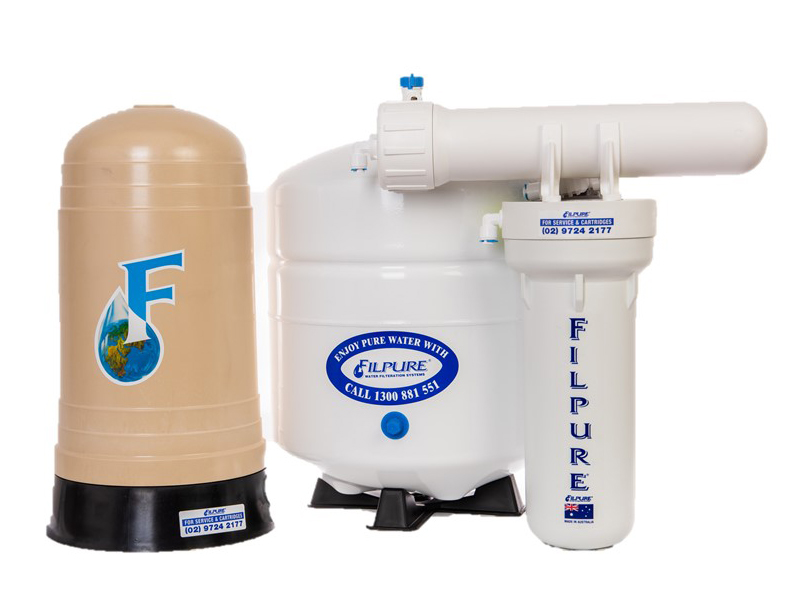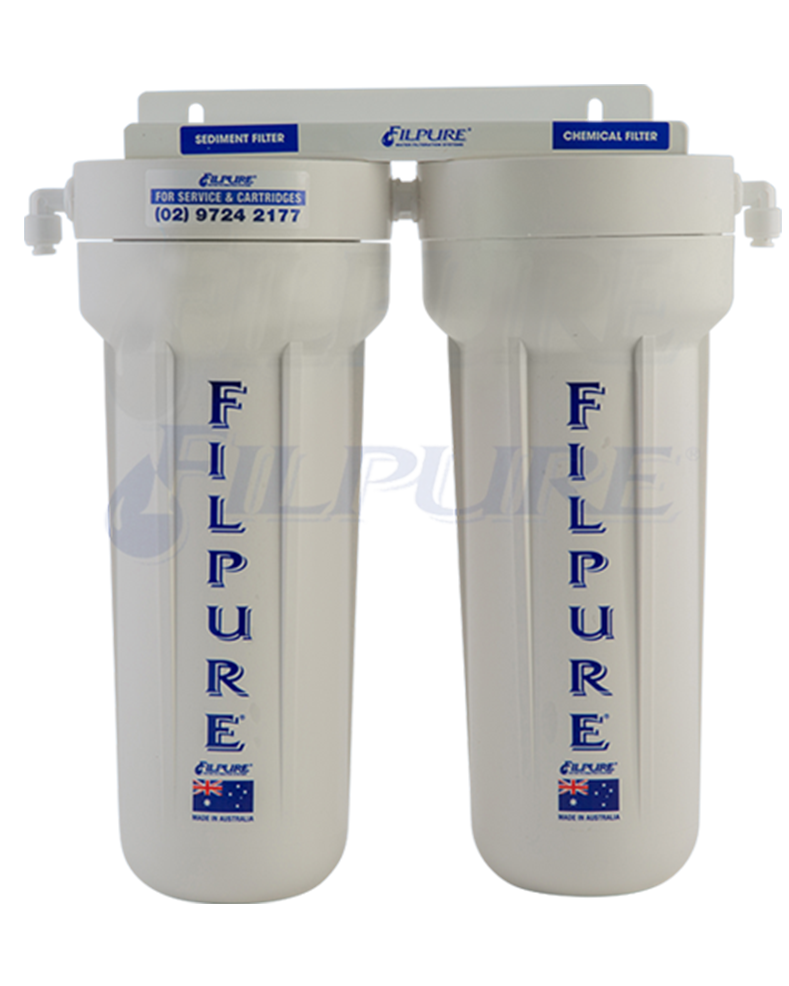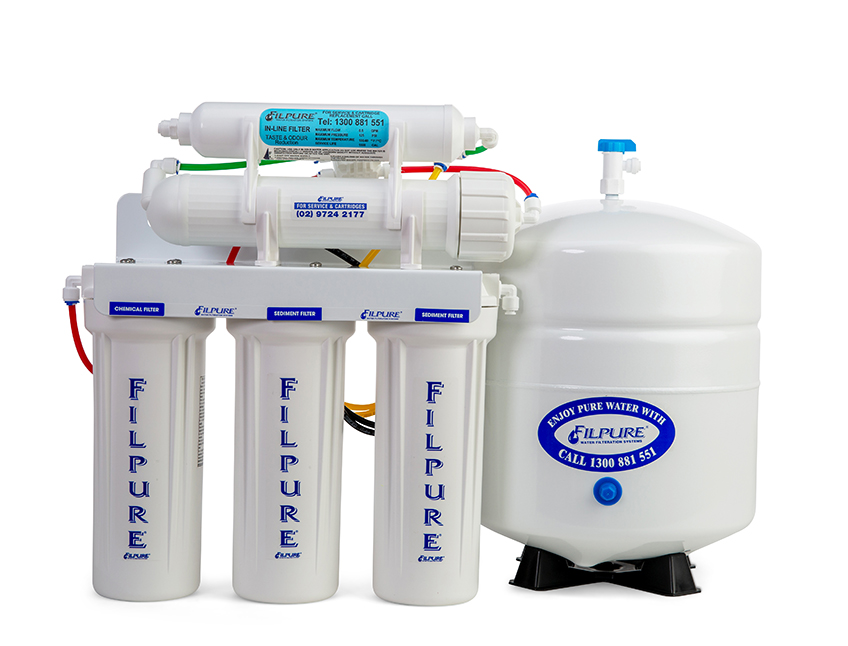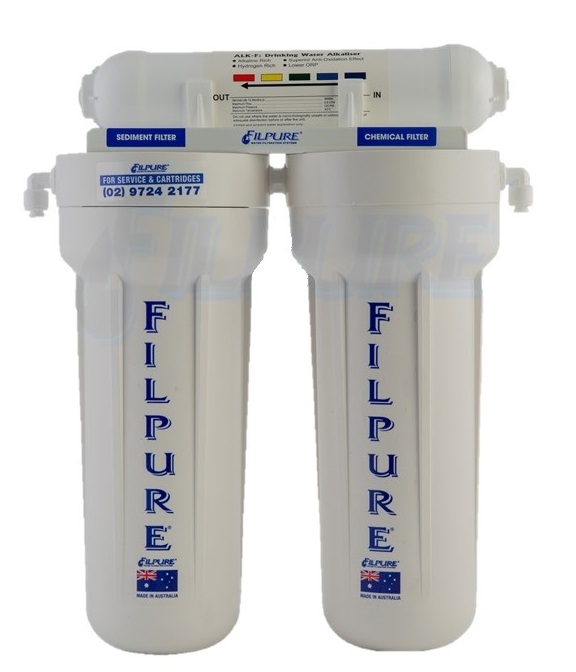Geochemistry, the study of the chemical composition of the Earth and its processes, plays a vital role in water management. It helps us understand how natural and human-induced activities affect water quality and availability. By applying geochemistry principles, water management professionals can predict, monitor and control the presence of various elements in water bodies, ensuring the safety and sustainability of water resources.
Dissolution of minerals in water
One key geochemical principle is the interaction between water and rock, known as water-rock interaction. As water flows through soil and rock layers, it dissolves minerals and chemicals, influencing water’s chemical composition. For example, the dissolution of calcium and magnesium-rich rocks increases water hardness, which can affect its taste and usage in industrial processes. Understanding these interactions is crucial in managing the overall water quality, as natural minerals in water can affect its pH, salinity and chemical makeup.
How contaminants enter our water systems
Another important aspect of geochemistry is understanding how contaminants enter water systems. Contaminants can come from natural sources, such as the leaching of heavy metals like arsenic and lead from rocks into groundwater, or from human activities like agricultural runoff, industrial waste and improper disposal of chemicals. Nitrates from fertilisers and pesticides, for example, are common contaminants in rural areas that can seep into the groundwater, potentially impacting drinking water supplies.
How people can protect themselves
To address these contamination issues, many households and industries turn to home water filtration systems. These systems are designed to remove harmful substances that geochemistry can help identify. Activated carbon filters, for instance, are effective at removing organic compounds, chlorine and sediment, while reverse osmosis systems can filter out heavy metals like lead, arsenic and nitrates. More advanced systems can even target specific contaminants based on local water analysis, ensuring the removal of both naturally occurring and human-made pollutants.
By integrating geochemistry into water management, we can better understand the chemical processes that affect water quality and availability, predict potential contamination risks and employ the most effective solutions to purify water. This ensures that communities have access to clean, safe and sustainable water sources, making geochemistry an indispensable part of modern water management.















